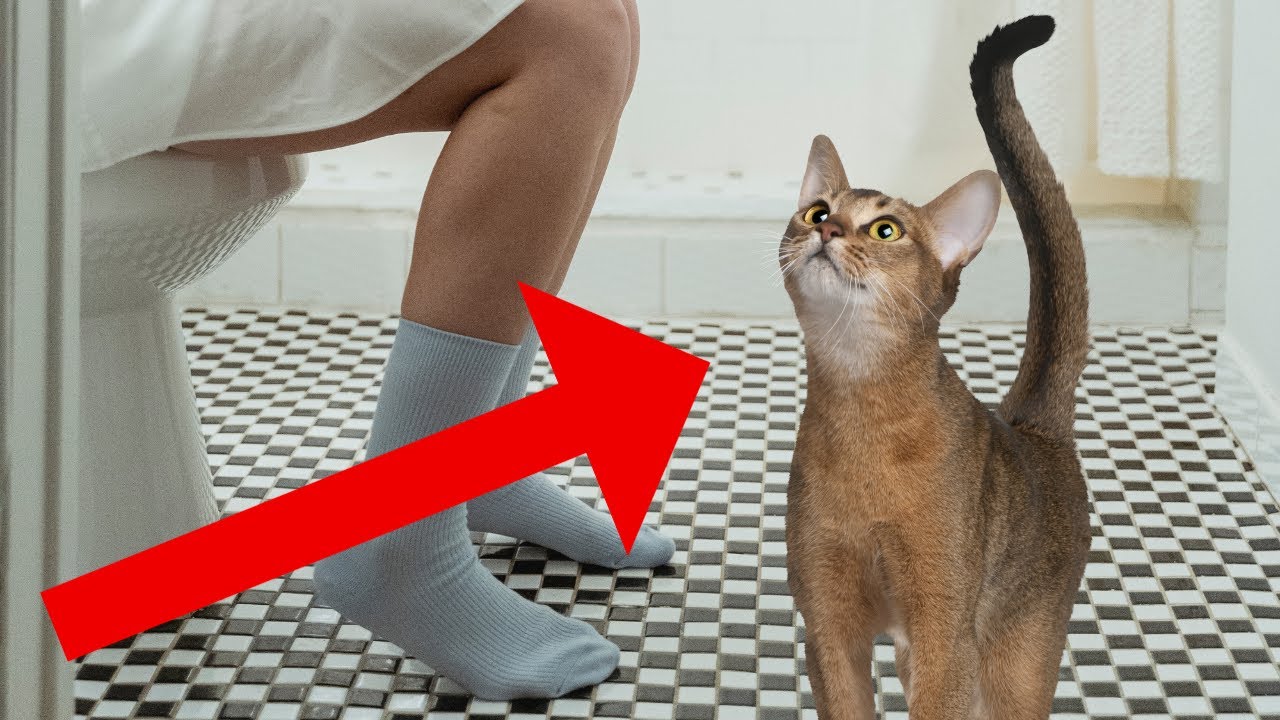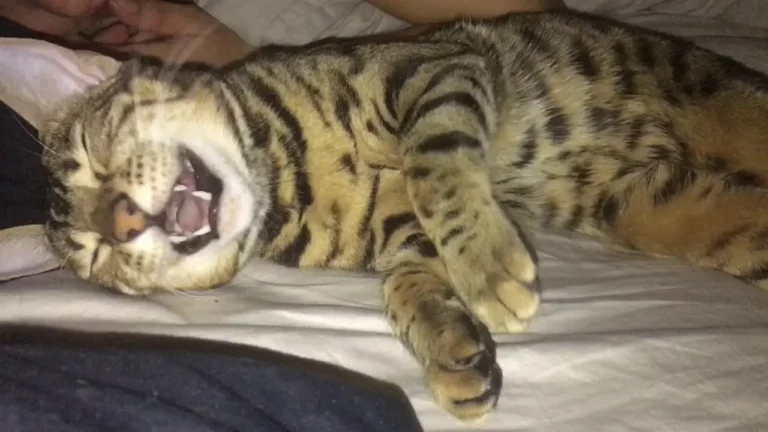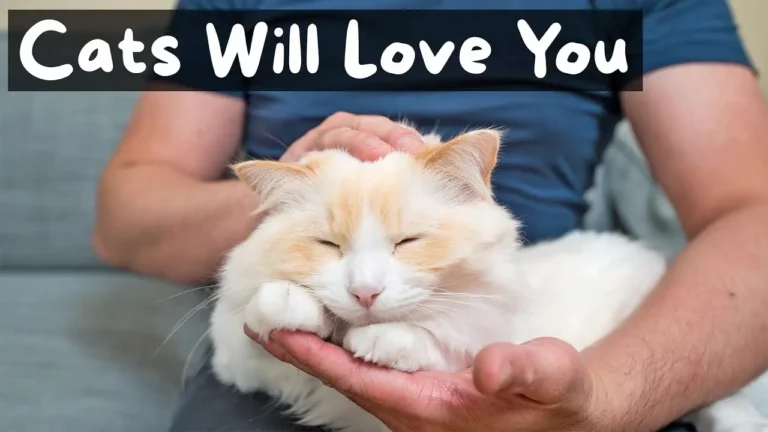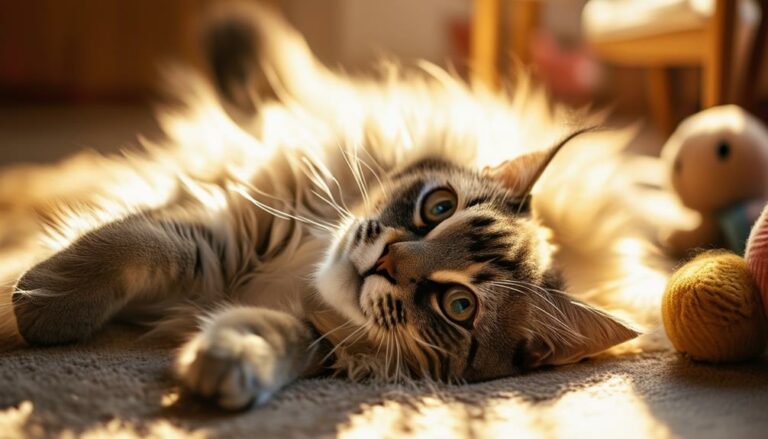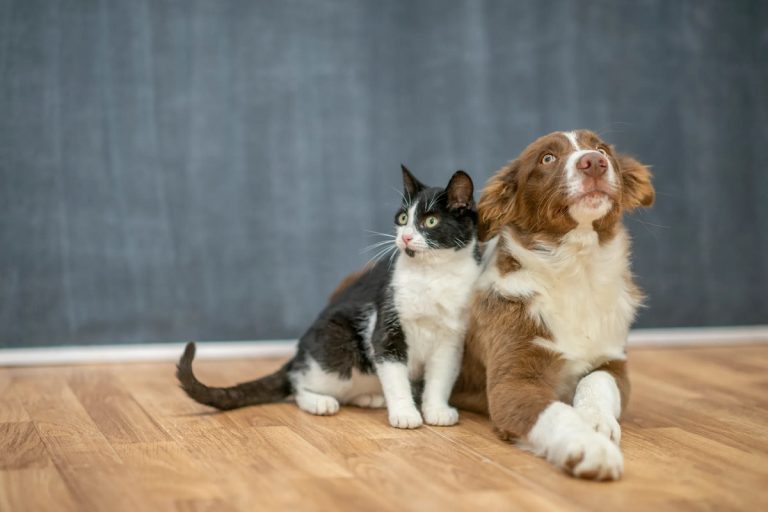Why Does My Cat FOLLOW ME Everywhere? – 8 Possible Reasons (#2 Is Heart Melting)
You might not know that your
While it’s easy to assume they’re just being affectionate, there are several other reasons behind this behavior.
From seeking attention to displaying deep love and trust, each reason reveals something unique about your
One of these reasons, in particular, is incredibly heartwarming and will likely change how you view this constant companionship.
Curious about why your
Let’s explore the eight possible reasons behind this endearing habit.
Seeking Attention
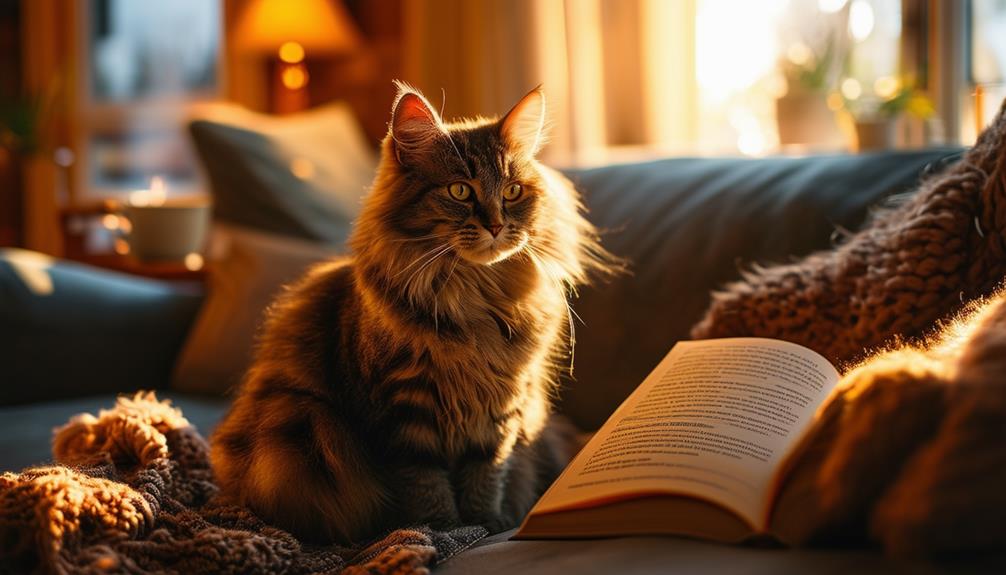
When your
Cats express this by being vocal, making physical contact, or even engaging in destructive behavior.
To genuinely connect with your kitty pal, set aside dedicated time each day for interaction.
This prevents separation anxiety and helps curb attention-seeking behaviors. Consistent, loving attention reassures your
Love and Trust
Your
Cats form strong bonds with those they feel secure with, and following you is their way of showing affection.
They might stare into your eyes, blink slowly, or even expose their belly—clear signs they trust you completely.
Some breeds are naturally more clingy, seeking constant camaraderie.
Offering your
It’s important to balance giving attention with allowing them alone time, ensuring they feel loved but also independent.
Your
Hunger
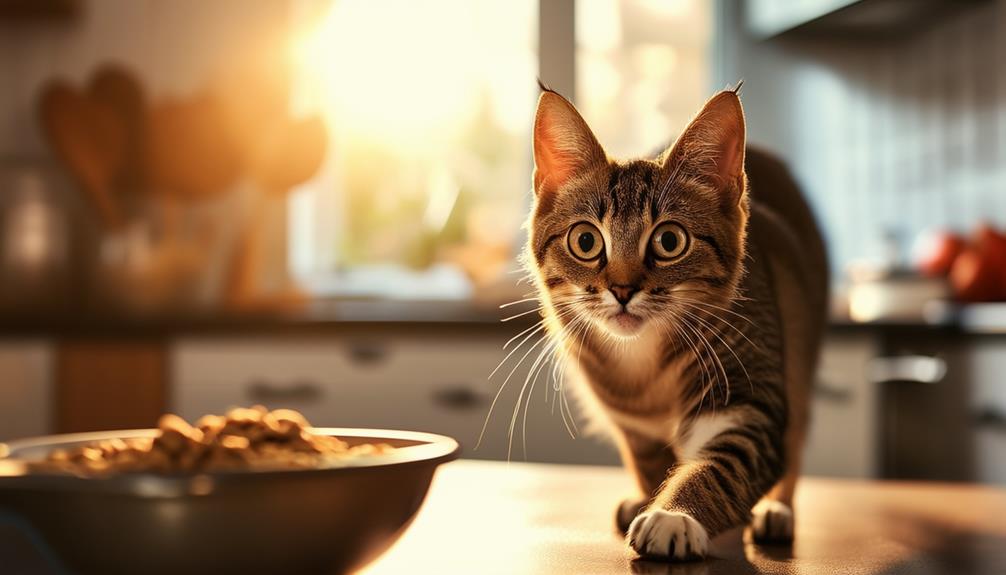
Beyond seeking affection, your
Cats are creatures of habit, and their internal clock often alerts them when it’s time to eat.
If you’re the food provider, they see you as their source of nourishment.
Feeding your
You might consider offering smaller, more frequent meals to keep their hunger at bay.
Puzzle feeders can also add mental stimulation and slow down their eating.
It’s important not to reinforce demanding behavior by giving in to every request for food.
Instead, stick to a schedule and offer nutritious, balanced meals to keep your
Anxiety
Cats can become clingy and follow you around when they’re feeling stressed or anxious.
Changes in their environment or routine, like new furniture or a different schedule, can trigger this behavior.
To help your
Aromatherapy diffusers with calming scents can also soothe their nerves.
If your
Need for Exercise
Indoor cats often follow you around seeking mental stimulation and exercise.
They’re naturally curious and need regular activities to stay happy and healthy.
By following you, your
It’s crucial to provide your kitty with plenty of toys, scratching posts, and climbing structures.
Rotate these toys to keep things interesting and ensure your
Dedicate time each day for interactive play sessions using laser pointers or feather wands.
This not only addresses their need for exercise but also strengthens your bond.
Additionally, setting up a window perch can offer them visual stimulation, keeping their minds sharp and engaged.
Aging
As cats get older, they often seek more company and reassurance from their owners.
Your senior
They may feel more vulnerable due to age-related changes and need your presence to feel safe.
Spending quality time with your aging
Create a cozy, dedicated space with soft bedding where they can retreat and feel secure.
Regular vet checkups are essential to monitor their health and address any potential age-related issues.
By providing consistent company and care, you can make your senior
Illness
When your
Sudden changes in behavior, like increased clinginess, often indicate that something’s wrong.
Watch for other signs such as changes in eating habits or litter box use.
Hyperthyroidism, for instance, can make cats unusually attached.
Monitoring these changes closely is essential. Trust your instincts; you know your
If you notice any significant shifts, it’s important to seek veterinary care promptly.
Early detection can make all the difference in your
Learned Behavior
Cats can learn to follow you based on the patterns they observe and the behaviors you reinforce.
If you consistently reward your
Pay attention to how you respond when your
Sometimes, just your presence and attention can be enough of a reward for them.
Understanding this can help you determine why your
If you want to reduce this clinginess, try gradually minimizing the rewards and encouraging independent playtime.
By doing so, you help your
Conclusion
Remember, your
Like the saying goes, ‘home is where the heart is,’ and for your
By understanding these reasons and balancing affection with independence, you’ll foster a loving and harmonious relationship with your furry friend.
